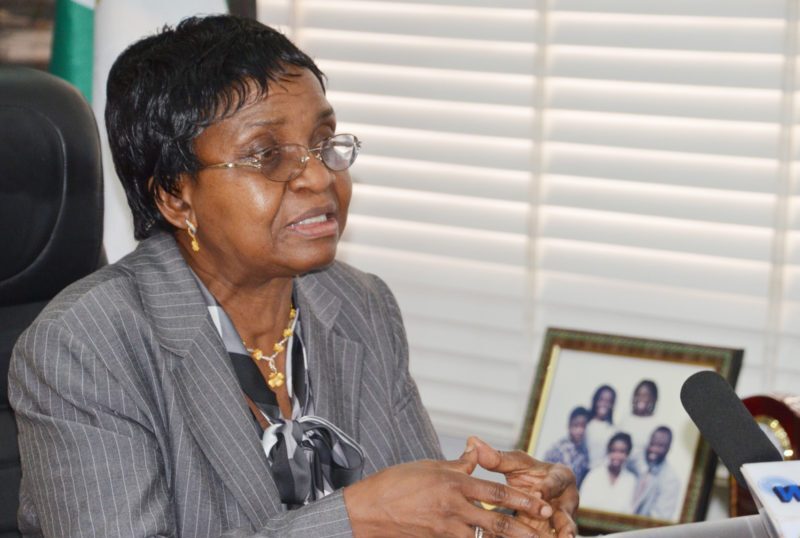The National Agency for Food and Drug Administration and Control (NAFDAC) has pledged its commitment to improving the production standards of herbal medicines, aiming to ensure their acceptance on a global scale.
This commitment was conveyed through a statement signed by Professor Mojisola Adeyeye, the Director-General of NAFDAC. The statement was made available to the media by Mr. Olusayo Akintola, a media consultant.
The assurance was given by Prof. Adeyeye in commemoration of the 2023 International Traditional Medicine Day, observed annually on August 31.
In her message, the DG applauded the unwavering efforts of herbal medicine manufacturers across the country and expressed pride in the development of several herbal formulations. These formulations have progressed from clinical trials to approval stages under NAFDAC’s oversight.
Prof. Adeyeye disclosed that NAFDAC has prepared guidelines for Good Manufacturing Practice (GMP) in herbal medicine production. The agency is now working on an extensive training program for practitioners to familiarize them with these guidelines.
After training, NAFDAC officers will conduct thorough inspections of facilities to assess the preparedness of herbal practitioners in adhering to these guidelines. The agency is determined to monitor and ensure compliance with these standards, disseminating the knowledge to the over 614 herbal medicine facilities nationwide.
The Director-General emphasized the importance of this step in sanitizing the sector, as NAFDAC cannot enforce rules on herbal medicine practitioners who have not undergone the necessary training.
To optimize resources, NAFDAC has divided the facilities into zones, with agency personnel deployed across the federation to oversee the process. This strategy will also apply to practitioners in all other zones, thereby reducing costs for the agency.
Prof. Adeyeye revealed that the training of stakeholders would commence in Lagos, which houses more than 317 herbal facilities. Following the training, herbal practitioners will be granted a few weeks to prepare for inspections conducted by NAFDAC personnel.
She cautioned that any herbal practitioner failing to meet the agency’s standards would either have their facility shut down or placed on hold.
Hygiene in herbal medicine practice was highlighted as a significant concern for NAFDAC. The agency is offering training and counseling to facility owners to improve their filling processes, particularly capsule filling, which poses a substantial challenge due to the manual method being employed.
Prof. Adeyeye issued a stern warning, stating that by the end of the year, NAFDAC would not register any company lacking semi-automated or automated capsule-filling machines.
Recognizing the widespread use of herbal medicine in Nigeria, the Director-General stressed the importance of raising standards to ensure the nation’s well-being. She announced that the University of Lagos was establishing a manufacturing facility, offering affordable and reduced-price access to practitioners in need of filling automation.
Prof. Adeyeye emphasized the stringent requirements of Herbal Manufacturing GMP, focusing on personnel qualifications and building standards to prevent contamination. She also highlighted the importance of proper equipment placement to avoid cross-contamination.
The DG pledged that NAFDAC would investigate how practitioners sourced and stored raw materials and finished products. Furthermore, she expressed delight that three herbal product manufacturers were in the final stages of clinical trials for some medicines.
Prof. Adeyeye encouraged practitioners to submit pilot study results for evaluation, stating that satisfactory outcomes could lead to larger-scale studies and eventual approval for full registration. She emphasized the need for a larger sample size in phase three clinical trials due to individual variations in drug responses.




